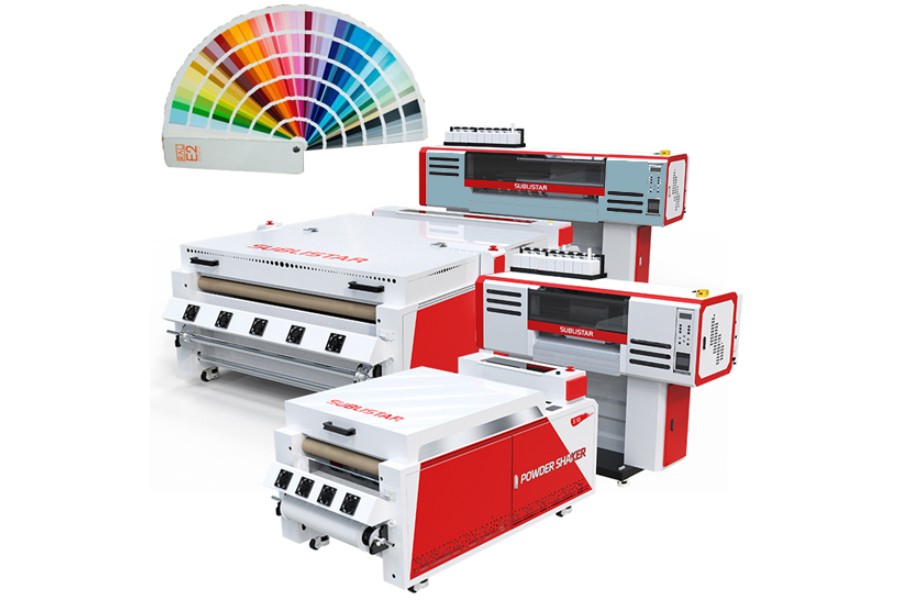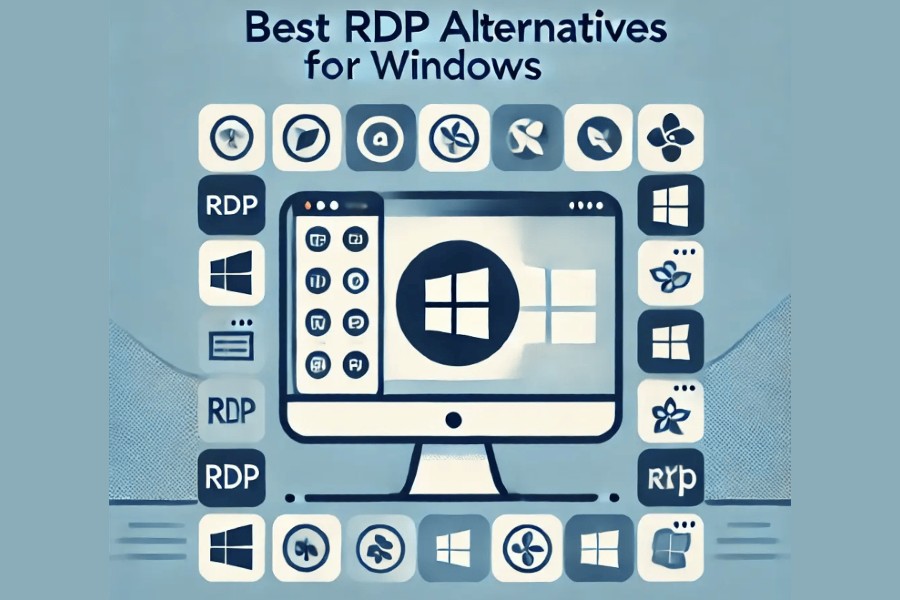
Have you ever picked up a product in the store, only to be confused by its label?
Maybe it had vague or misleading information, leaving you unsure of what you were really buying. Clear and accurate labeling is crucial in various industries, from food and beverage to electronics. Not only does it inform consumers about what they are purchasing, but it also ensures safety and compliance with regulations. In this blog post, we will dive into the importance of clear labeling in different industries and why it matters not just for consumers but also for manufacturers.
Food and Beverage Industry
From the groceries we buy to the restaurants we dine in, clear labeling is essential to ensure consumer trust and safety. In recent years, there has been increasing demand for transparency in food production processes, which has led to more specific labeling requirements. A great example is the allergen information; it must be clearly stated on the packaging so consumers can avoid products that may cause an allergic reaction. Another important aspect of clear labeling in this industry is nutritional information. Consumers are becoming more health-conscious and want to know what they’re eating, from calorie counts to ingredient lists. But clear labeling doesn’t just benefit consumers; it also benefits manufacturers by reducing liability risks and avoiding product recalls. By providing accurate and transparent information about their products, companies can establish a positive reputation with consumers while contributing to public health efforts. According to the team at Paragon Labeling, labeling machines enhance productivity and precision by impeccably affixing clear and precise labels onto your products, cases, pallets, or totes. This mitigates expensive mistakes and allows for manpower reallocation to other essential responsibilities.
Pharmaceutical Industry
The pharmaceutical industry is responsible for the production of drugs and medicines that are vital to maintaining health and treating illnesses. However, it is crucial that the labeling on these products be clear and accurate to avoid any potential harm or confusion for consumers. Each drug must have a label that includes dosage information, side effects, warnings, and active ingredients. This ensures patients can take medication safely without suffering from adverse reactions or complications due to incorrect usage. Inaccurate labeling could result in serious consequences such as allergic reactions, overdose, or even death. Therefore, pharmaceutical companies must provide comprehensive instructions about how to take their products correctly. Moreover, clear labels also help healthcare professionals make informed decisions when prescribing medications. This not only improves patient safety but also helps prevent unnecessary costs incurred through misdiagnosis or wrong dosages. Accurate labeling in the pharmaceutical industry plays an essential role in protecting public health by ensuring consumers receive safe and effective treatments for their medical conditions.
Cosmetics Industry
Consumers are becoming increasingly conscious of the ingredients used in their beauty products, making it essential for companies to provide clear and accurate labeling. From skincare to makeup products, labels need to provide information on ingredients, usage instructions, and warnings against potential allergic reactions. Clear labeling can help build trust between consumers and brands while also ensuring safety measures are adhered to. Misleading claims such as “natural” or “organic” have become quite common in the cosmetics industry. Therefore it is important that these claims are backed by certifications from regulatory bodies like USDA Organic or Ecocert. In addition to providing valuable information about product contents and safety measures, good labeling practices can also contribute to reducing environmental waste through sustainable packaging materials.
Chemical and Hazardous Materials Industry
From cleaning agents to industrial chemicals, their use is widespread across different industries. However, due to the potential dangers associated with these substances, clear and accurate labeling becomes crucial in ensuring safety. Proper labeling can help prevent accidents that may result from mishandling or misuse of hazardous materials. In addition to safety concerns, proper labeling assists in compliance with regulations set by government agencies. Noncompliance can lead to legal penalties and damage a company’s reputation. Moreover, clear labels indicate what specific hazards are present within a substance so that workers know how best to handle them safely. This information helps minimize workplace injuries while also contributing positively towards creating long-term sustainability goals for companies.
Clothing and Textile Industry
With so many different types of fabrics, materials, and manufacturing processes involved in creating garments, it’s important for consumers to know exactly what they’re buying. Clear labeling can help customers make informed decisions about the products they purchase. For example, some people may have allergies or sensitivities to certain materials commonly used in clothing production such as wool or polyester. Proper labeling allows these individuals to easily identify which clothes are safe for them to wear. In addition, clear labeling can also help promote sustainability in the fashion industry by allowing shoppers to identify eco-friendly fabrics like organic cotton or recycled polyester. This information empowers consumers who care about reducing their environmental impact when making purchasing decisions.
Electronics Industry
From smartphones to laptops, TVs to smartwatches, the electronics industry has revolutionized the way we communicate, work, and play. One of the most critical aspects of this industry is clear labeling. Accurate labeling helps ensure that consumers understand what they are buying and how to use it safely. Electronic devices often come with complex instructions and safety warnings due to their intricate nature. In addition to consumer-facing labels, product manufacturers must also comply with environmental regulations governing waste disposal from electronic devices. Proper labeling on these devices ensures proper recycling procedures are followed when disposing of old or damaged electronic equipment. Clear labeling in the electronics industry, on the other hand, pertains to product quality control standards such as UL certifications for electrical safety compliance, RoHS compliance for hazardous substance restrictions in manufacturing processes, or FCC declarations for electromagnetic interference levels.
Clear and accurate labeling is crucial in various industries to ensure customer safety, compliance with regulations, and the protection of brand reputation. From food and beverage to electronics, each industry has its own unique set of requirements for labeling. In the end, it all boils down to effective communication. Clear labels that are easy to read and understand can go a long way in building trust between manufacturers and consumers. Investing in accurate labeling not only benefits businesses but also ensures consumer satisfaction, enhance safety measures, and prevents legal issues while promoting transparency.
This content is part of the HWM Partnership.
- Broadway’s Rising Stars Converge: A Day Of Inspiration At Broadway Express y Más
- Adams, Hochul And More Toast $5 Billion Housing Plan: Building Dreams Together!
- Alicia Graf Mack, Dancer, Educator, And Leader Appointed Artistic Director Of Ailey
- Update: More Illnesses Have Been linked To The McDonald’s E. Coli Outbreak
- Bronx: NYWF’s 30th Annual Dinner Honors Community Leadership And Purpose
Become a Harlem Insider!
By submitting this form, you are consenting to receive marketing emails from: . You can revoke your consent to receive emails at any time by using the SafeUnsubscribe® link, found at the bottom of every email. Emails are serviced by Constant Contact









